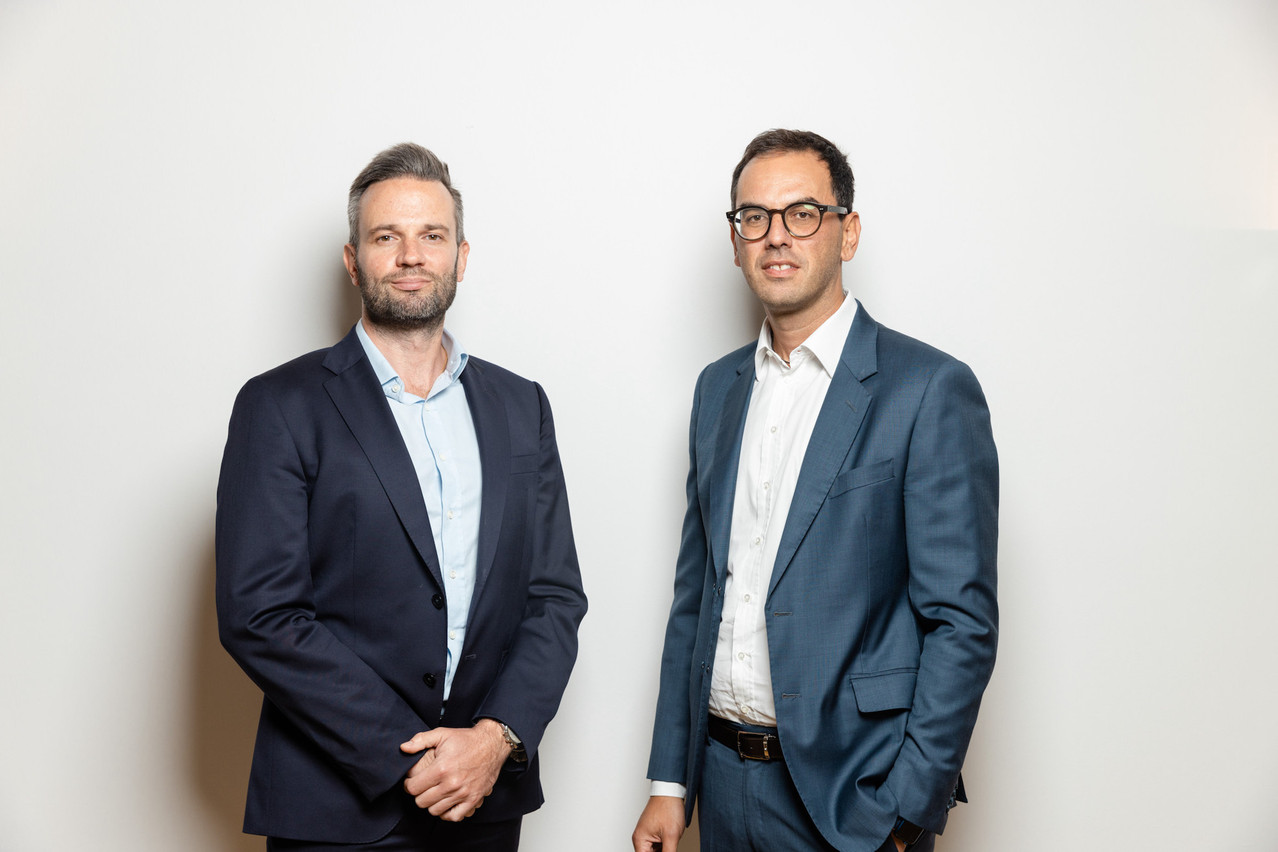For the bank, the coming months will be marked by a stagflationary shock, in other words the combination of a slowdown in economic growth and profits on the one hand, and a rise in inflation on the other, according to Ilario Attasi, group head of investment advisors, and Nicolas Sopel, senior macro strategist, at Quintet Private Bank.
“Global growth will plateau at 3.3%. In our baseline scenario, it has probably peaked. It remains supported by the re-opening of economies and high savings, accumulated during the pandemic, which are supporting spending. Nevertheless, downside risks remain, such as a recession in the euro area, especially if the war in Ukraine intensifies or is prolonged. The United States and Asia appear to be less vulnerable, but not entirely immune. Given their more limited exposure to this risk, a sharp contraction in these regions seems unlikely over the next 18 months.”
As for inflation, Quintet Private Bank estimates it will reach 7.8% globally, up from 4.6% in 2021. However, inflation is transitional and is expected to slow to 5% in 2023. “Inflation should start to ease over the next few months, from a high level, as demand, which had reached an exceptional level, returns to a more normal pace, while supply gradually recovers, monetary policy returns to neutral, US fiscal stimulus has already been reduced and base effects from last year’s high levels mechanically push inflation down.”
Uncertainty in portfolios
“In a world of lower growth and higher inflation, investors will continue to deal with uncertainty,” say Attasi and Sopel. Both economists, stress the long-term opportunities associated with this era of disruption. “Russia’s invasion of Ukraine and the pandemic have stimulated relocation, leading to increased investment in the supply side of national economies. Energy insecurity is contributing to the green transition. And despite a tough first half of the year for technology stocks, themes such as cybersecurity, robotics and automation could strengthen.”
Aware of investors’ nervousness about the prospects for corporate and investment profitability, they highlight four fundamental beliefs and their implications for investors. “Micro and macro structural trends, which have accelerated in the wake of the pandemic and the Ukrainian conflict, are likely to be game changers.”
They advise to be very selective about which companies to invest in. “The best companies can thrive in uncertain times, such as today, especially by planting the seeds for the next growing season. This requires long-term focus and flexibility, especially financially. For these reasons, we have a strong preference for companies with strong balance sheets and high levels of free cash flow. Financial strength gives growing companies the flexibility and ability to continue to invest during a downturn,” says Attasi.
Relocation, renewable energy and technology
Sopel also sees opportunities in relocation. “Governments and companies are taking active steps to address weaknesses resulting from decades of relocation and economic imbalance. This will stimulate significant investment in strategically important industries, leading to more robust supply chains, improved national security and greater energy independence. In emerging markets, China has long focused on rebalancing its economy, promoting domestic production and upgrading its manufacturing sector along the value chain.” For the Quintet expert these trends are likely to be important drivers of equity returns in the year ahead.
Attasi also urges leaning on the renewable and reliable energy theme. “Clean energy stocks have outperformed the market since the adoption of the Paris climate agreement in 2015. This decade, the divergence between clean energy stocks and fossil fuel stocks, which have underperformed over the past decade, could be even more pronounced.”
Technology stocks “may be on track for their biggest annual decline in 14 years.” But Sopel sees them outperforming in the long term. “Technology has the potential to address the major challenges of our time, namely climate change, energy dependency, pandemic risks, food security and supply chain resilience. At the same time, some of the most exciting opportunities, such as the metaverse, artificial intelligence, autonomous vehicles and genomics, are also closely linked to technology. The long-term outlook for technology and innovation remains strong.”
This story was first published in French on . It has been translated and edited for Delano.
